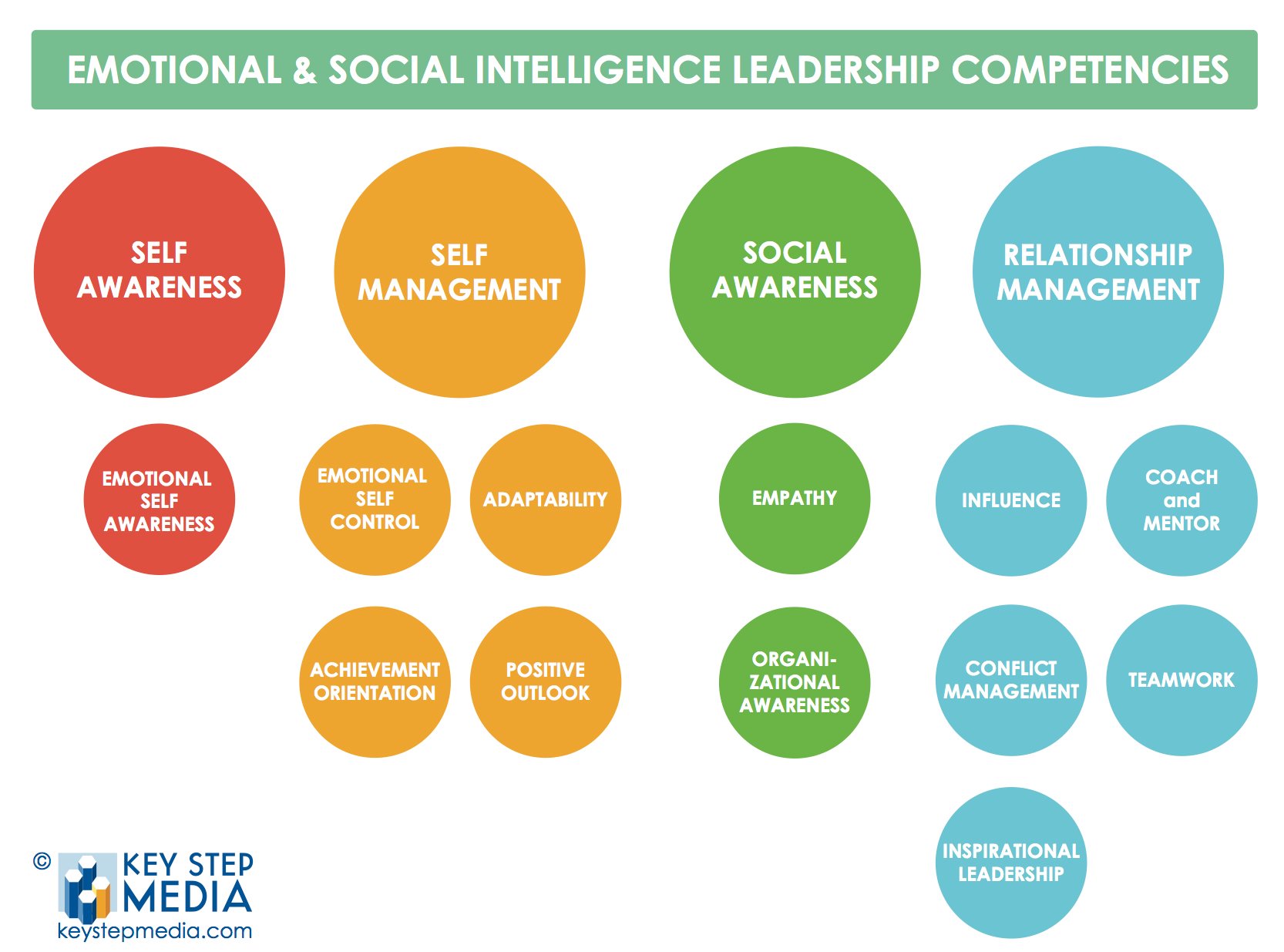
Burnout has become an epidemic among educators of all school levels. A school leader’s professional world consists of overwhelming responsibilities, information perplexities, and emotional anxiety. It’s no wonder that the issue of burnout has long been cited as the reason so many educators leave the profession. How can we combat the feelings of exhaustion, despair and a sense of helplessness that result in such high turnover rates in our schools?
Psychology Today defines burnout as a physical, emotional or mental exhaustion in combination with doubt about the individual’s competence and work value. Psychologists have long tried to decipher the underlying causes of burnout. Dr. James T. Reese characterizes burnout as a "self-inflicted attitudinal injury," which often occurs when the demand for tasks exceeds available resources. "Burnout is often the case of an over-commitment to your job, which ironically results in an under-commitment to it," he states. In his journal article, Dr. Reese makes the following observation:
“Burnout is likewise a byproduct of unreasonable expectations or demands on the parts of both the burnout candidates and the people they work with. People who identify strongly with their jobs are susceptible; more so when they try to achieve or maintain unrealistic performance standards. They become so wholly invested in the job that whatever pleasures or distractions external activities may have once provided are largely gone.”
Why school leaders burn out so quickly, according to research
Research by Social Psychology of Education found that burnout resulted mostly from pressures on school leaders coming from teachers and parents, and to a lesser extent, from work overload. Job and organizational factors (demanding subordinates, administration, etc) had a major role in this phenomenon, as compared to personal factors (health, values, marital status, etc). Most importantly, when school leaders felt that their leadership was challenged or disregarded, the rate for burnout in those individuals was the highest.
The four major factors behind school leader burnout were the following, in order of influence: 1) demands from parents, including rude behavior and unreasonable expectations; 2) stressors due to weak teacher performance; 3) overload of administrative tasks required by the position, and 4) inadequate performance of school staff, namely the secretary and office workers. Surprisingly, behavioral issues of students or school size had little to no impact on the performance and well-being of school leaders.
As it turns out, parents and teachers carry the highest impact on school leader burnout. What do these human factors have in common? According to the journal article, these two parties tend to behave in an undisciplined manner toward the school leader, turn down assigned responsibilities, resist change, and display disrespect toward the principal or another type of school leader.
These issues come namely from the school leader’s mishandling in exercising authority over these parties and then blaming themselves for the misbehavior. The key to solving these issues is what the study calls controllability. Controllability is defined as the leader’s confidence, strong decision-making, and the ability to influence others.
Controllability means having a positive attitude about negative events, thinking of practical steps to reduce the impact of negative events, seeking out information for problem-solving, and aligning perspective with environmental forces. Uncontrobillity, on the other hand, which has shown the opposite effects, is defined by the inability to effectively deal with events and people on a day-to-day basis.
How to deal with principal burnout
Although stress among school principals is expected is expected, principal burnout can, in fact, be optional. Research suggests that school leaders with higher levels of self-efficacy tend to display higher levels of work engagement and job satisfaction, along with lower levels of burnout. Those are also the individuals who feel comfortable exerting authority over parents and teachers. These parties are the main causes of principal burnout, as we discussed earlier.
Dealing with insubordinate teachers and staff
Interactions with difficult colleagues can be challenging. However, frequent communication between school leaders, teachers and support staff is absolutely crucial, especially as interdependence is growing within the education industry. To keep the peace and productivity, the right environment must be set. The school environment must provide the opportunity for positive, encouraging, respectful and rewarding interactions. But how do you build such an environment?
1. Form relationships
Having strong relationships with individual teachers can be difficult, especially with personality differences or resistance. Forming a relationship can be more challenging in an online teaching platform, such as Your Agora, but certainly not impossible. Try making the first steps by sending over book recommendations, chatting about other things than the workplace, and having an open-door policy for teachers.
2. Understand the causes of conflictIt’s easy to assume sometimes that an individual is just being stubborn or difficult. Keep in mind, that any resistance to change or undesirable behaviors come from either misunderstandings or varying perspectives. Try to connect with the teacher to understand the cause of his or her issues. Try using questions such as, “How can we work together?” or, “What do you feel is holding you back at this moment?”
3. Acknowledge efforts

Try to let teachers and staff perceive requests for change as not a punishment, but as an opportunity for growth. Make sure to acknowledge all that you value about the specific individual. Stay committed to your mentorship and emphasize confidentiality about private conversations. That’s how you as a principal build mutual trust and respect with your teachers and staff.
Dealing with difficult parents
In a survey, school leaders and teachers describe the top three impacts of an unhelpful parent as preventing the student from effective instruction, causing unnecessary problems for teachers, and creating problems for school leaders. However, confronting and resolving concerns directly with unsupportive parents has shown to lead to significant improvements in educator satisfaction.
When meeting with parents, keep the following in mind:
- Parental engagement is part of the job, but it does not have to be draining. Try to view working with parents as an opportunity, especially during negative interactions.
- Filter opinions. Don’t take the opinions of your coworkers about specific parents at face value. That’s the difference between hearing that a parent is “pushy,” versus perceiving the parent as having high expectations.
- Consider the time and place for meetings. Make sure to seem accessible to the parent and create the most comfortable atmosphere for meetings. That could change the tone of conversation from seeming like an interrogation to a real, productive connection.
The education department of Rasmussen College suggests two ways to deal with difficult parents: Curb the possibility of conflict first, and second, know how to diffuse conflict once it occurs. This means setting expectations up front, inviting parents into your classroom, and nurturing your relationships as the first line of defense. Once those efforts fail, the experts suggest the following steps - Listen and acknowledge, insist on face-to-face meetings, avoid judgment and keep the lines of communication open.
Dealing with administrative overload
Administrative overload is a long standing trend in schools. Research states that in the US, more than one-third of the time school leaders spend in school revolves around administrative tasks. This takes away from what school leaders are there to do - management, curriculum, and instructional strategies. Recommendations for reducing administrative stress include the following:
Principal and School Administrator Training Programs: Programs focused on time management, constructive approaches to interpersonal conflict, stress management in a school environment and job enhancement have been proven to prepare staff and the principal to better deal with overload.
Job Redesign to Reduce Stress: The following suggestions are offered for consideration by administrative teams to relieve overload stress: increase the shared administrative responsibilities between staff or contract them out; provide relief with additional support staff; and, encourage and organize retreats.
Improving the School Climate: Develop open lines of communication and mutual trust among the students, faculty, and administration. This is a critical step toward creating a long-term humanistic school environment where the feelings of stress are minimized.
Stress Reduction Programs: Encourage mutual support and the development of support group networks. Provide opportunities for sharing on a professional level. Sponsor workshops on healthful living practices to help your staff and yourself develop better stress coping mechanisms.
The key to dealing with burnout - Emotional Intelligence
According to research, self-efficacy is the key psychological capacity to prevent oneself against the pressures of educational leadership. When given time and space for EI development, education leaders are more likely to see moderate levels of stress as a pathway toward self-efficacy and personal accomplishment. With self-awareness to detect the onset of unhealthy stress and helpful strategies to manage stress, leaders are more likely to reach out for emotional and community support, avoid burnout, reconnect with their purpose, and more passionately and skillfully cultivate flourishing schools.

The Connexions Project, a movement focused on the mental health of leaders, found that a number of skills allow individuals to build resilience and avoid burnout: recognizing and labeling emotions, understanding emotions, expressing emotions, and regulating emotions. These skills may sound straightforward, but how do you build a foundation that fosters their development?
The answer to developing Emotional Intelligence was found by Yale Psychologists. Below are the key ingredients of EI skill building, which can be implemented by any school leader. These strategies benefit both the leader and the school community, ultimately positively impacting the overall environment. EI development on a schoolwide basis may be implemented through the following:
-
Creating a culture where emotions matter. Emotions are a part of everyone and stifling them may be one of the most important underlying issues behind burnout, in both teachers and school leaders. Allow your school to learn how to better handle stressors.
-
Your school should not only include traditional instructional learning, but also emotional learning. This means providing teachers and staff an opportunity to get support on social and emotional issues within the school. This will also be a resource for the school leader and ease some of his or her stress about the interschool conflict.
-
Every professional development opportunity should incorporate self-reflection practices. To examine the thinking process, emotions, and emotional skill levels, reflection practices are absolutely necessary.
-
School challenges and ideas should have a set time in every community school meeting. Make sure to receive feedback in a positive way and to give praise for constructive criticism.
-
How is everyone feeling about the school environment? You won't know until you ask, so revisit community norms on a regular basis and check in with your school community.
-
Foster opportunities for self-care, which include meditation, yoga, exercise, and taking breaks. Self-care commitment should be encouraged to be a part of everyone’s performance goals.
Tips from school leaders for avoiding principal stress
Education World conducted a survey of dozens of school leaders to find out how they combat stress. One principal says that reading "gets my mind off the hamster wheel of worry." Other pro-tips, ranging from hobbies to communication techniques, from school leaders are listed below for your consideration:
Make time for mental health at work
Self-care is crucial for avoiding stress and burnout. Some school leaders enjoy reading, watching soap operas, listening to music to wind down from workday stress. The internet has proven to be an invaluable resource for relaxation, whether it’s for entertainment purposes or to find helpful lesson plans or discussion.
Meditation has also been key in many of the leaders’ experiences. Laughter has proven to be just as effective for relieving stress. Also, getting out of the office and talking to the students is a sure way reminder of why you have chosen your career. Keeping a “praise file” at work, as one principal suggests, which includes all of the positive feedback and evaluations you have received throughout your career, contributes to the same feeling.
Commit to the right mindset
Keep a positive attitude makes all of the difference, shares one principal. He likes to listen to inspirational tapes when driving to work. Even if it takes finding an empty classroom to release frustration, your attitude in the office should always be kept in check.

At the same time, self-advocacy is still important. Whether or not you are positive in the workplace, stressful people and situations are often inevitable. That’s why it’s crucial to communicate directly about school leadership stress, allowing for clearing of the air and dealing with issues immediately.
Don’t forget your life outside of work
The vast majority of school leaders survey focus on their lives outside of work to help alleviate stress. Some of their tips include getting regular manicures, planning family meals, going out with friends, taking a weekend off, working from home, and hanging out with their pets. Most importantly - don’t take the school administrator stress home with you, says one seasoned school administrator.
Allow us to be your helping hand in your journey as a principal. At Your Agora, we built an online platform that makes the lives of ESL teachers and school leaders a bit easier. With a collaborated library of teaching material, user-friendly tools, and automatic scheduling, Your Agora is there to make your school more efficient and proactive in student learning. With the latest research and a team of teachers from all over the world, we created a software that will advance you toward your goals! That means less school principal stress for you.